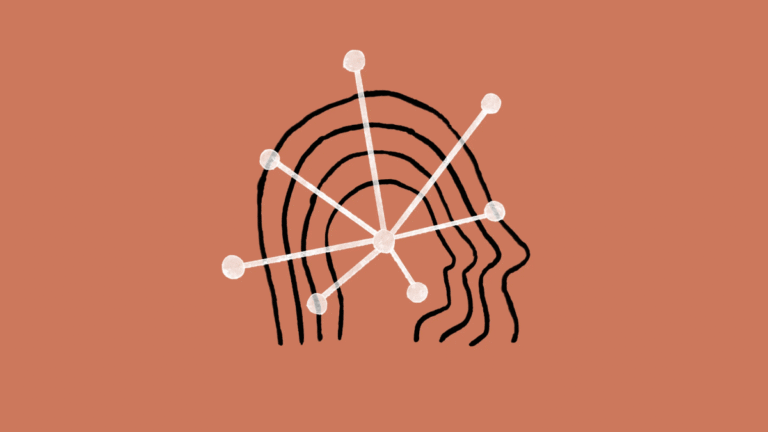Anthropic Unveils AI for Science Initiative to Propel Research in Biology
Anthropic has announced its new AI for Science initiative, aimed at empowering researchers involved in impactful scientific endeavors, particularly within the field of biology and life sciences. Launched on Monday, the program offers selected researchers access to as much as $20,000 in credits for the Anthropic API over a six-month period.
Key Features of the AI for Science Program
- Funding Support: Eligible researchers can receive up to $20,000 in credits for Anthropic’s API, enhancing their research capabilities.
- Research Selection Criteria: Candidates will be evaluated based on their contributions to scientific advancement, the anticipated impact of their proposed research projects, and the potential for AI to significantly enhance their work.
- Access to AI Tools: Recipients will utilize Anthropic’s suite of AI models, including the widely known Claude family, to improve their research methodologies.
In a recent blog post, Anthropic emphasized that advanced AI technologies can aid researchers in analyzing intricate scientific data, formulating hypotheses, designing experiments, and effectively communicating their findings. The company particularly seeks to support projects that focus on accelerating the understanding of complex biological systems, analyzing genetic information, enhancing drug discovery for prevalent global diseases, and boosting agricultural productivity.
Anthropic joins several AI-driven companies that are optimistic about the potential of AI in scientific research. Earlier this year, Google introduced an “AI co-scientist” designed to assist in creating hypotheses and planning research. Despite the enthusiasm, many researchers express skepticism about AI’s current utility in guiding scientific inquiry, primarily due to its inconsistent reliability.
Challenges Facing AI in Scientific Endeavors
The development of an effective “AI scientist” comes with the difficulty of addressing numerous confounding variables. Although AI may prove useful for generating broad exploration ideas, it remains uncertain whether it can solve unique problems that lead to groundbreaking discoveries. A recent analysis of outcomes from AI systems in science, such as Google’s GNoME, revealed that materials synthesized with AI assistance were not genuinely novel.
Anthropic aims to outperform previous efforts in this domain by evaluating applicants for its AI for Science program on the first Monday of each month, considering factors like scientific merit, potential impact, technical feasibility, and biosecurity matters. Interested researchers can submit applications through the company’s website, where they will be reviewed by Anthropic alongside relevant subject matter experts.






